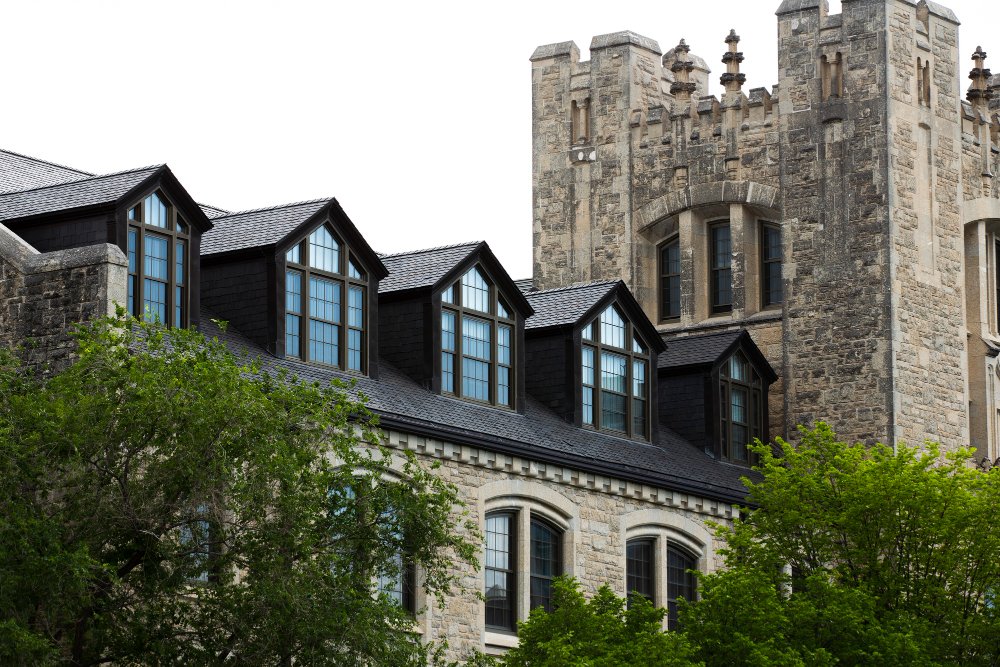What You Need to Know About Stamp Duty Land Tax
Introduced by the Finance Act of 2003, Stamp Duty Land Tax (SDLT) imposes tax obligations on any land transaction, including estates, interest, rights, or power in or over land in England and Northern Ireland. It is usually the first tax you must pay as a landlord.
When Do You Have to Pay SDLT?
SDLT is usually applicable in the following situations:
- Purchase of a freehold and leasehold property (including shared ownership),
- Grant or assignment of a lease,
- Transfer of property or land for consideration
How Much SDLT Do You Have to Pay?
The SDLT rates that apply to you may differ depending on whether you are a UK Resident or not. The rates that are applicable in both these cases are shown below:
| Property or lease premium or transfer value | UK Resident SDLT rate | Non-UK Resident SDLT rate |
| Up to £125,000 | 0% | 2% |
| The next £125,000 (the portion from £125,001 to £250,000) | 2% | 4% |
| The next £675,000 (the portion from £250,001 to £925,000) | 5% | 7% |
| The next £575,000 (the portion from £925,001 to £1.5 million) | 10% | 12% |
| The remaining amount (the portion above £1.5 million) | 12% | 14% |
Are There Any Special Rates for First-Time Buyers?
If you are a first-time buyer and the purchase price of the property is less than £625,000, then the rates applicable to you are listed below:
| Property or lease premium or transfer value | SDLT rate for first-time buyers |
| Up to £300,000 | 0% |
| The next £325,000 (the portion from £300,001 to £625,000) | 5% |
How Can You Avoid Paying SDLT?
If you received a property in any one of the following cases, you won’t have to pay SDLT or file a tax return:
- Property transferred at nil consideration.
- Transfer because of divorce
- Freehold property purchased for less than £40,000.
- Leasehold property with lease premium less than £40,000 and annual rent is less than £1000/
- Property transferred as per will.
I hope this helps. If you want to learn more about Stamp Duty & Land Tax, you can visit our complete guide for more details.




